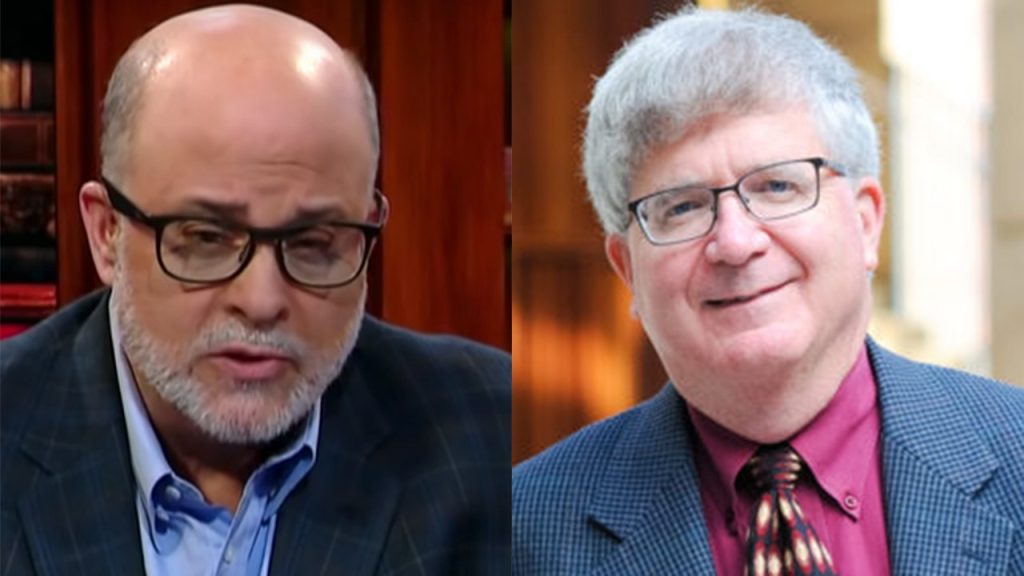The phrase “separation of church and state” may not appear in the Constitution, but Professor Michael McConnell argues that having religion in American culture was not seen as a problem by the Founding Fathers. While Congress is prohibited from establishing a state religion, there is no mention of banishing religion from the public square in the founding document. McConnell explained that the establishment clause in the Constitution states, “Congress shall make no law respecting an establishment of religion, or prohibiting the free exercise thereof.” He noted that the framers did not believe in a union between church and state, but rather wanted to protect against government control of religion.
McConnell emphasized that the presence of religious symbols in the public square does not mean that the American people should be any less religious. The founders aimed to prevent the government from dictating beliefs, controlling churches, or deciding their doctrines and personnel. The Supreme Court periodically rules on cases challenging this paradigm, as seen in its recent decision to allow a peace cross to remain in place on public land in a Washington, D.C. suburb. Residents and the American Humanist Association had sued to have the cross removed, claiming it violated the Constitution, but the Court ruled in favor of keeping it based on factors such as the memorial’s history and lack of religious intent.
Justice Samuel Alito wrote in the court’s opinion that the Bladensburg Cross has served as a community landmark expressing grief for lost soldiers, gratitude for their sacrifice, and dedication to the ideals for which they fought. Removing or altering the cross solely because it is a religious symbol could be seen as a hostile act towards religion, according to Alito. The decision to allow the peace cross to remain reverses the Fourth Circuit Court of Appeals ruling that deemed it unconstitutional. The American Legion, whose symbol is also on the memorial, intervened to defend the cross, supporting its significance beyond its religious connotations.
The issue of religion in American culture continues to be a topic of debate, with the Supreme Court playing a pivotal role in interpreting the Constitution’s stance on the separation of church and state. The absence of the phrase in the Constitution has led to differing interpretations over the years, with some advocating for a strict separation while others argue for the preservation of religious symbols and practices in public spaces. McConnell’s assertion that the Founding Fathers did not envision a union between church and state sheds light on the historical context of religious freedom in America and the protection against government interference in religious matters. The recent ruling in favor of the peace cross highlights the complexity of balancing religious expression with constitutional principles.













